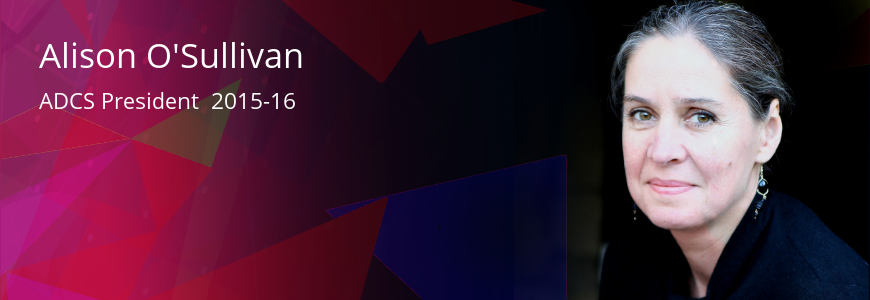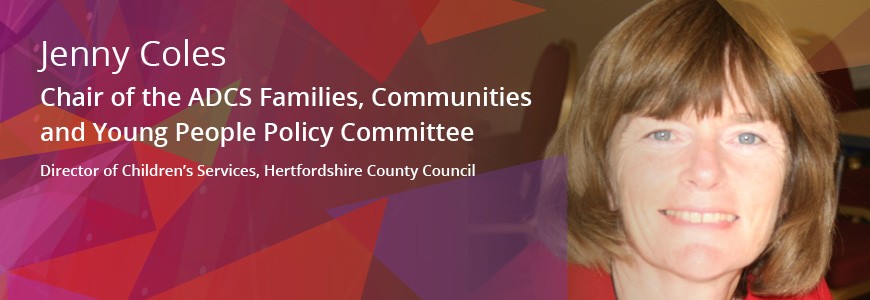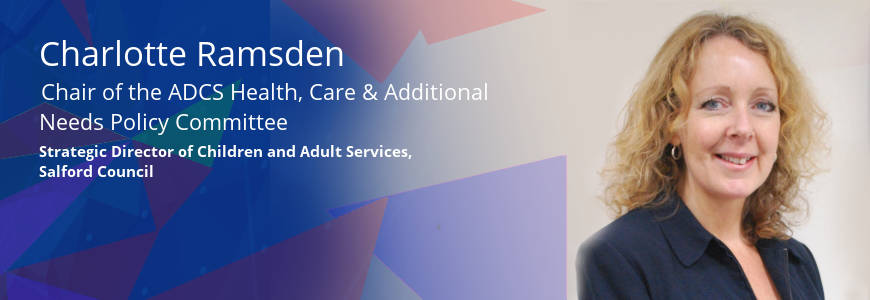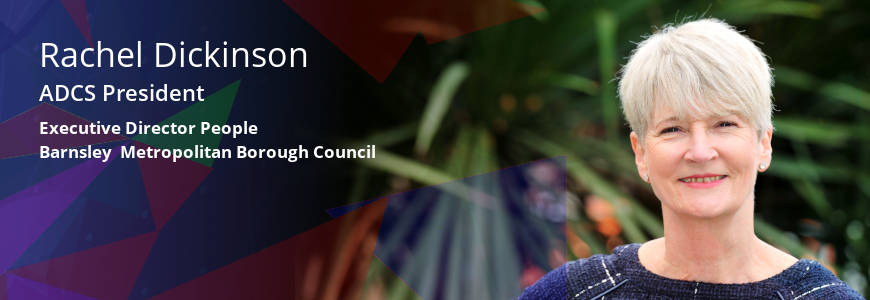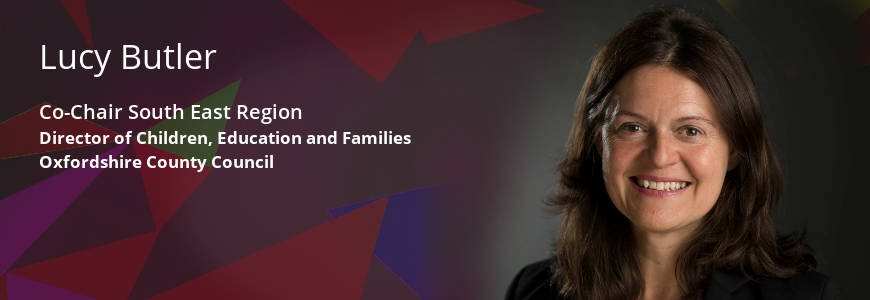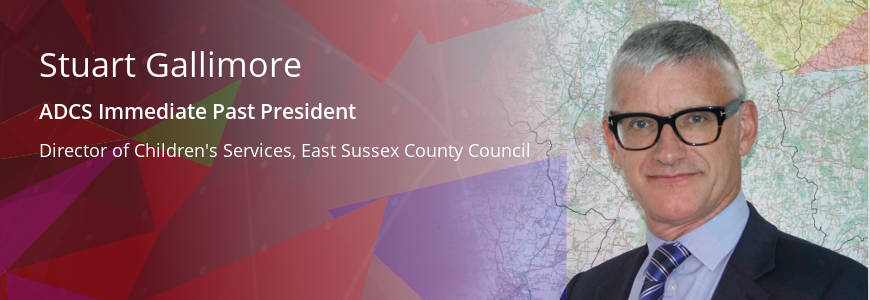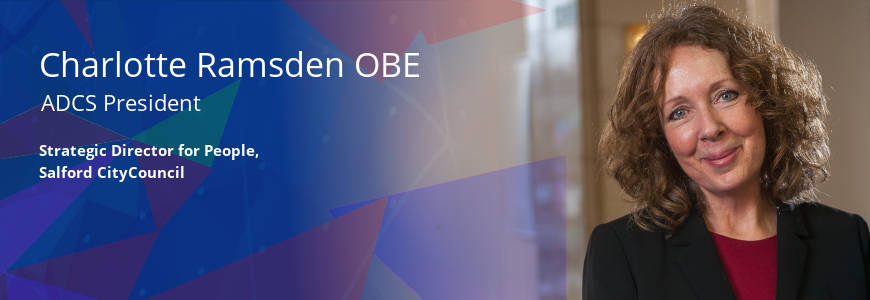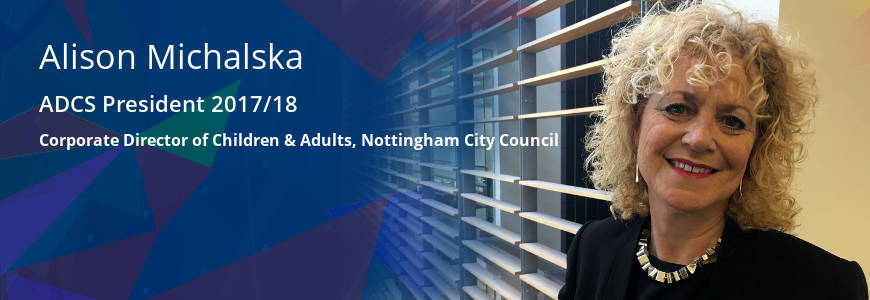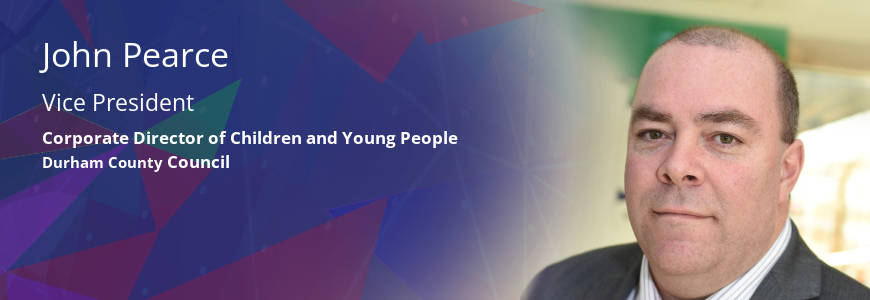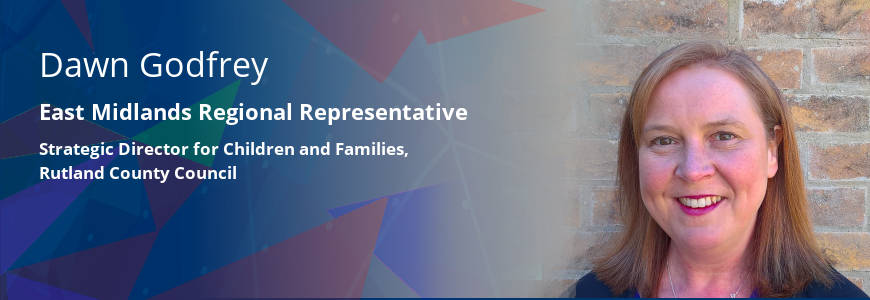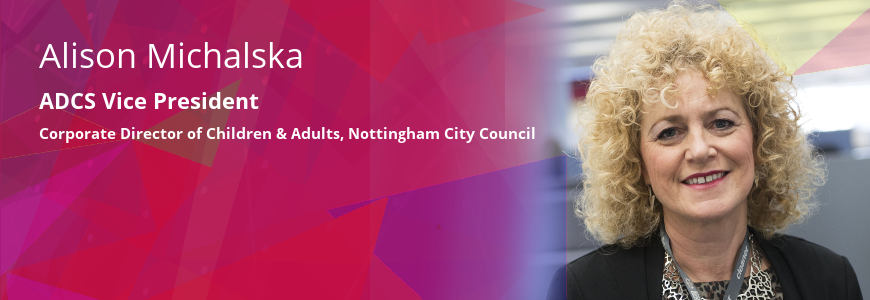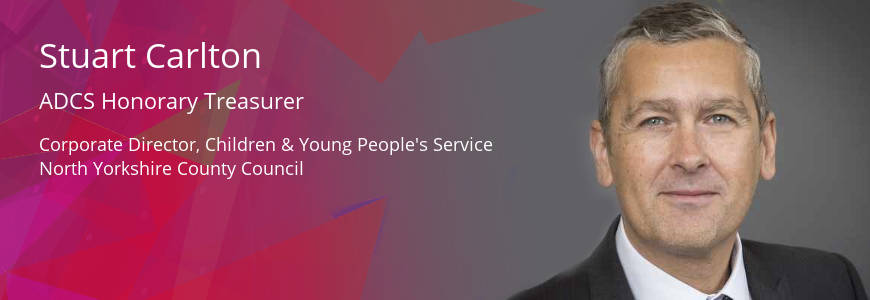Cross sector working to improve support for children in complex...

Justin Russell is the Director General for Families Group and is responsible for children’s social care at the Department for Education (DfE), John Pearce is the President of the Association of Directors of Childrens Services (ADCS), and Professor Prathiba Chitsabesan is National Clinical Director for Children and Young People’s Mental Health at NHS England. Here they share an update on the cross-sector action we are taking to improve support for children in complex situations with multiple needs, alongside existing resources supporting system change.
In recent years we have seen a steep rise in the number of children and young people being placed on Deprivation of Liberty (DoL) Orders. There has been an increase of 462% in three years up to 2020/21 (Nuffield Family Justice Observatory using data from Cafcass England), and a total of 1,249 children were subject to a DoL Order in the 12 months up to July 2023.
We know more needs to be done to improve outcomes for the children and young people who can find themselves caught up in a web of services that do not always come together effectively to provide the holistic and consistent care they need. This group consists of some of the most vulnerable members of our society, and we need to do more, together, to keep them healthy, safe and help them overcome trauma and adverse childhood experiences they may have experienced in their lives.
Following the conclusion of the recent Deprivation of Liberty Court pilot, the Government has now established a new Task and Finish Group, co-chaired by the DfE and NHSE. It aims to improve the outcomes of children and young people who are in complex situations with multiple needs and who are currently, or at risk of, being deprived of their liberty.
Our plan is to improve joint working and planning, informed by children and young people’s current experiences and by what they, and their parents and carers, say they want and would find helpful. To this end, the Office of the Children’s Commissioner is currently engaging directly with children, young people, their families and the professionals that support them. We also plan to survey local authorities, review casefiles and produce a user journey map. We will then use these outputs to develop and pilot evidence-based models of safe, therapeutic care and support.
Ultimately, our focus is on how children’s social care, health, and education systems can jointly fund and deliver integrated, collaborative, consistent and person-centred support. This should be available from the earliest opportunity and allow them to establish stable, trusting long-term relationships with the staff who support them on a day-to-day basis. It is also vital that, as part of this, we can bring forward safe, age-appropriate Ofsted-registered accommodation, with co-produced packages of multi-agency care and plans to support children and young people to move back into the community.
So, what can be done now?
Embed principles of care framework
The Nuffield Family Justice Observatory recently set out five principles of care for children with complex needs and circumstances. These include stable relationships, holistic assessments, multidisciplinary teams and having agency and respect. We believe that starting with these principles will help us to improve outcomes and in turn reduce the growing reliance on DoL Orders. We would encourage practitioners and professionals across health and children’s social care to consider these principles in local planning to improve responses for this cohort, including those who are subject to, or at risk of, DoL Orders.
The Task and Finish Group is the start of our work together to take shared responsibility and accountability for improving the experiences of, and the outcomes for, children and young people with the most complex needs. This will require new ways of working and strong leadership to drive forward the large-scale system change, but we’re up for the challenge. While this work takes place, there is some promising work already happening in local areas across the country.
Building on existing practice
The Hope Service in Surrey provides a multiagency offer for young people who are experiencing complex mental health, emotional, social and behavioural challenges, while Extended Hope is an out of hours service and a home where children and young people can go for up to seven days to be assessed and supported in a safe environment.
The Framework for Integrated Care (Community) offers additional support for the most vulnerable children who have complex needs. The emphasis is on better partnership working across complex and often fractured systems, and with the individual child and their family or carers. A dozen vanguard sites are implementing the Framework by providing psychologically informed capacity to other services to wrap around the child, ensuring they get the right support needed. Case studies and information on shared vanguard learning and impact so far can be accessed via request via the FutureNHS Collaboration Platform.
This builds on measures the government have already taken to address some of the other issues in this space. This includes the DfE investing in children’s home provision, backed by £259 million of capital funding, which is the largest package of children’s social care placements since 2010. We are already seeing local authorities using this funding to bring new, specialist open residential provision on stream, with 48 new placements completed so far, and more planned over the rest of this spending review period.
It is so important that we continue to come together across our sectors to ensure we are doing everything we can to support our most vulnerable children receive the care they need - and we look forward to working with you all to achieve this.
For other resources, please follow this link.
Related Blog Articles
It can be difficult for children’s issues to get the air time they fully...
In Health
Highlighting the impact of neglect on young people is clearly presented in...
In Safeguarding & Child Protection
Having recently become Chair of the Health, Care &Additional Needs (HCAN) Policy...
In SEN & Disability
Last week I had the great privilege of delivering my inaugural speech as ADCS...
In General
On 22 May I joined many other people in watching a Panorama programme exposing...
In General
Every child deserves a happy, safe childhood and has a right to the best...
In General
I tend to think of myself as a “glass half full” person (those of you who...
In Health
I recently chaired a workshop on suicide prevention at the ADCS annual...
In General
At some point over the past 20 months most of us will have attended a virtual...
In General
In preparation for writing this blog I looked back to my last one in July which...
In General
There were two social workers, a nurse, and a magistrate sitting in a bar…....
In Leadership
“Stay at Home. Protect the NHS. Save Lives.” It couldn’t be simpler, could...
In General
Recently I met with Ian Dickson - a retired social worker, Ofsted inspector,...

